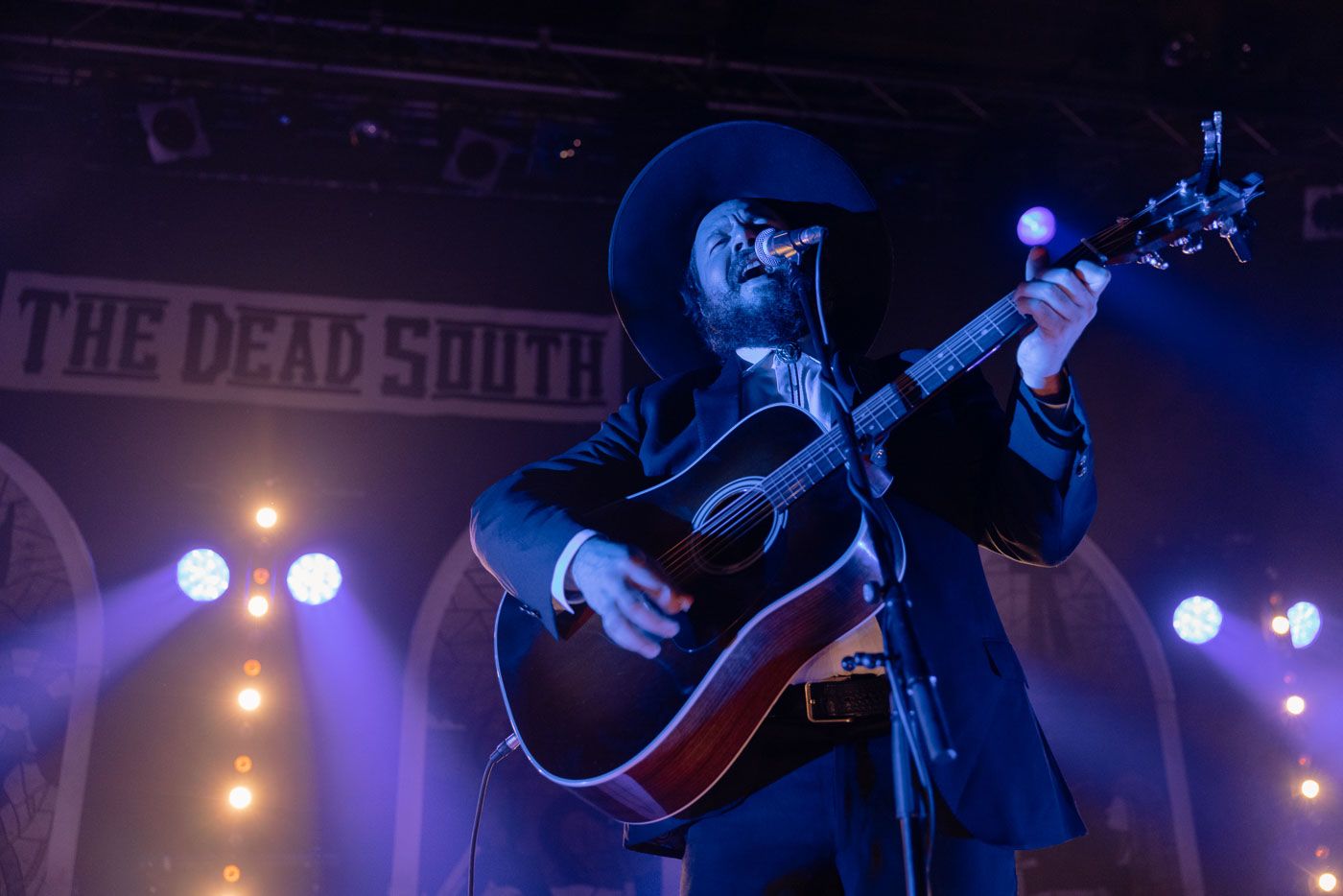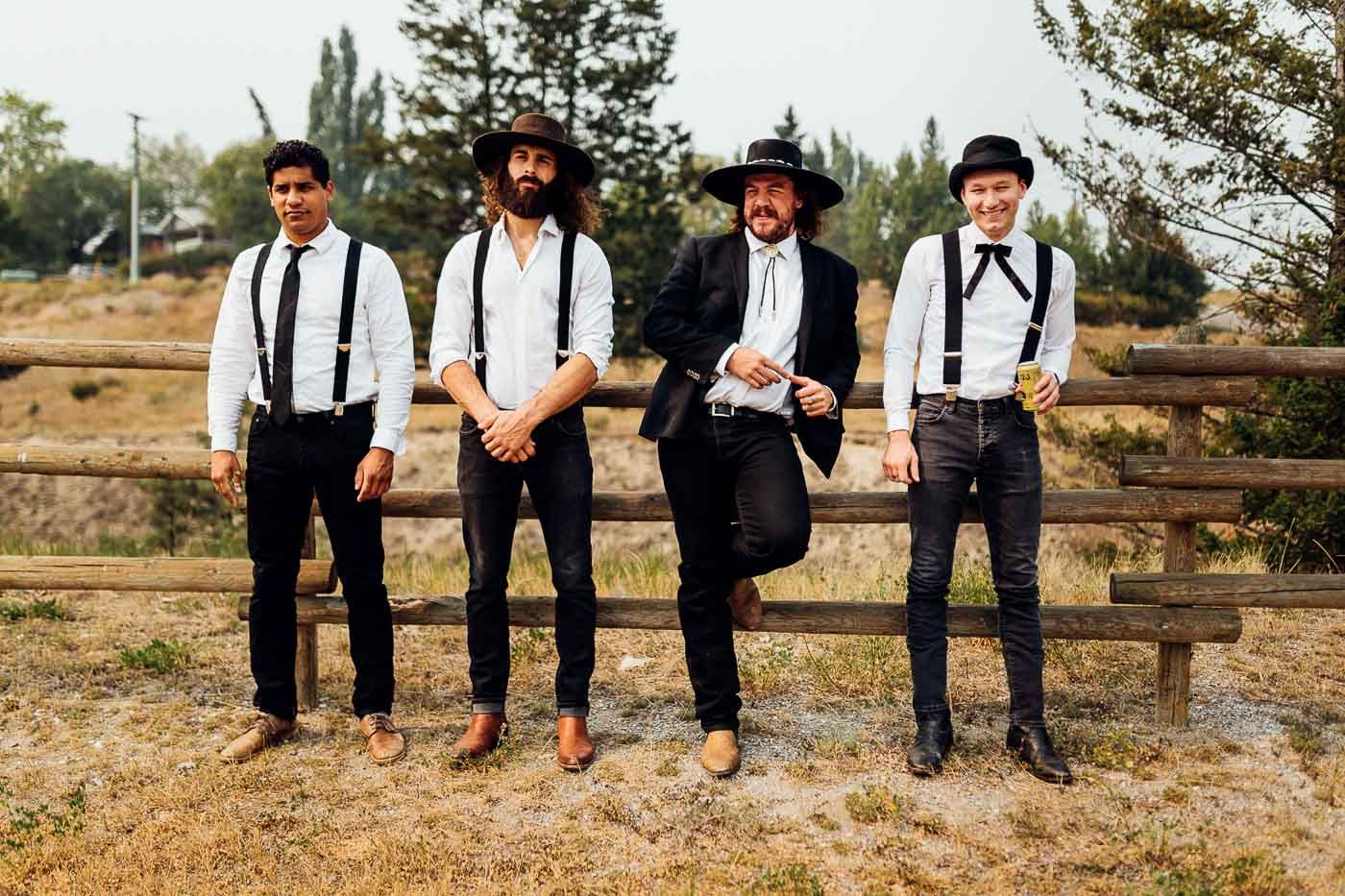The Dead South @ Alcatraz
[vc_row][vc_column][vc_column_text]
• The Dead South •
+
Elliot Brood
[/vc_column_text][/vc_column][/vc_row][vc_row css=”.vc_custom_1552435940801{margin-bottom: 20px !important;}”][vc_column][vc_empty_space][vc_column_text]
Alcatraz (Milano) // 16 Aprile 2022
[/vc_column_text][/vc_column][/vc_row][vc_row css=”.vc_custom_1552435940801{margin-bottom: 20px !important;}”][vc_column][vc_empty_space][vc_column_text]Foto: Johnny Carrano
[/vc_column_text][/vc_column][/vc_row][vc_row css=”.vc_custom_1560685645808{margin-top: 10px !important;margin-bottom: 10px !important;}”][vc_column][vc_single_image image=”21945″ img_size=”full”][/vc_column][/vc_row][vc_row css=”.vc_custom_1560685686606{margin-top: 10px !important;margin-bottom: 10px !important;}”][vc_column width=”1/2″][vc_single_image image=”21943″ img_size=”full”][/vc_column][vc_column width=”1/2″][vc_single_image image=”21941″ img_size=”full”][/vc_column][/vc_row][vc_row css=”.vc_custom_1560685686606{margin-top: 10px !important;margin-bottom: 10px !important;}”][vc_column][vc_single_image image=”21947″ img_size=”full”][/vc_column][/vc_row][vc_row css=”.vc_custom_1560685686606{margin-top: 10px !important;margin-bottom: 10px !important;}”][vc_column width=”1/3″][vc_single_image image=”21946″ img_size=”full”][/vc_column][vc_column width=”1/3″][vc_single_image image=”21942″ img_size=”full”][/vc_column][vc_column width=”1/3″][vc_single_image image=”21949″ img_size=”full”][/vc_column][/vc_row][vc_row css=”.vc_custom_1560685686606{margin-top: 10px !important;margin-bottom: 10px !important;}”][vc_column][vc_single_image image=”21944″ img_size=”full”][/vc_column][/vc_row][vc_row css=”.vc_custom_1560685686606{margin-top: 10px !important;margin-bottom: 10px !important;}”][vc_column width=”1/2″][vc_single_image image=”21948″ img_size=”full”][/vc_column][vc_column width=”1/2″][vc_single_image image=”21950″ img_size=”full”][/vc_column][/vc_row][vc_row css=”.vc_custom_1560685686606{margin-top: 10px !important;margin-bottom: 10px !important;}”][vc_column width=”1/2″][vc_single_image image=”21940″ img_size=”full”][/vc_column][vc_column width=”1/2″][vc_single_image image=”21951″ img_size=”full”][/vc_column][/vc_row][vc_row css=”.vc_custom_1560685686606{margin-top: 10px !important;margin-bottom: 10px !important;}”][vc_column][vc_single_image image=”21952″ img_size=”full”][/vc_column][/vc_row][vc_row][vc_column][vc_column_text]
Elliot Brood
[/vc_column_text][/vc_column][/vc_row][vc_row css=”.vc_custom_1560685686606{margin-top: 10px !important;margin-bottom: 10px !important;}”][vc_column][vc_single_image image=”21938″ img_size=”full”][/vc_column][/vc_row][vc_row css=”.vc_custom_1560685686606{margin-top: 10px !important;margin-bottom: 10px !important;}”][vc_column width=”1/2″][vc_single_image image=”21939″ img_size=”full”][/vc_column][vc_column width=”1/2″][vc_single_image image=”21937″ img_size=”full”][/vc_column][/vc_row][vc_row][vc_column][vc_column_text]Grazie a BPM Concerti[/vc_column_text][/vc_column][/vc_row]

